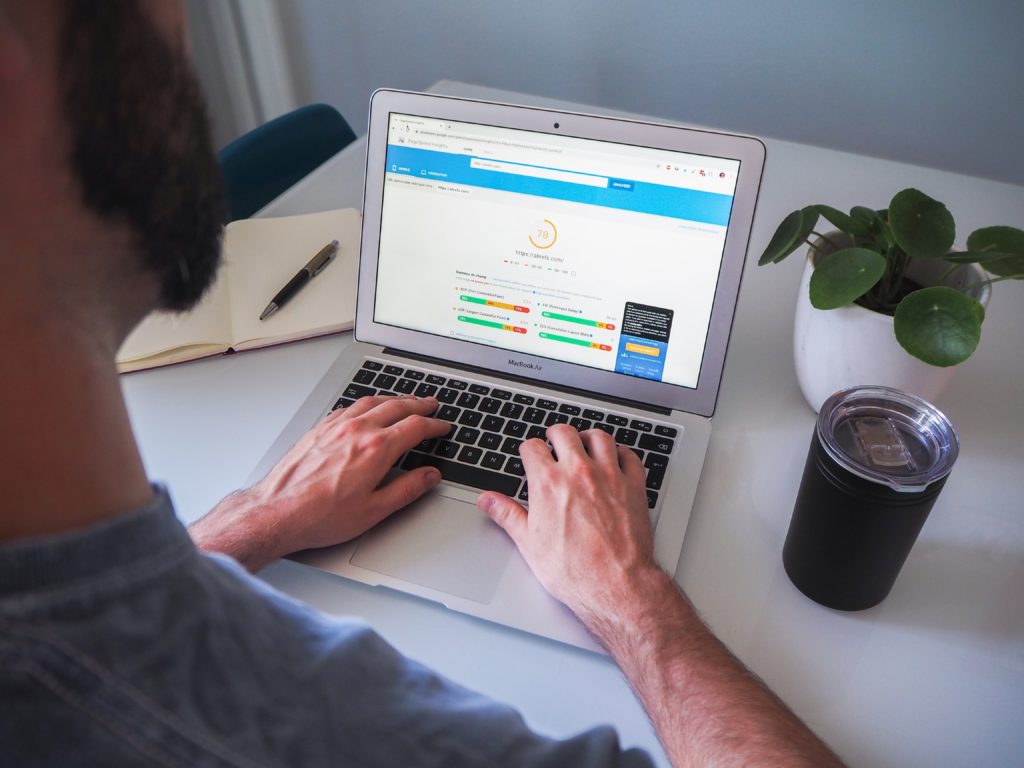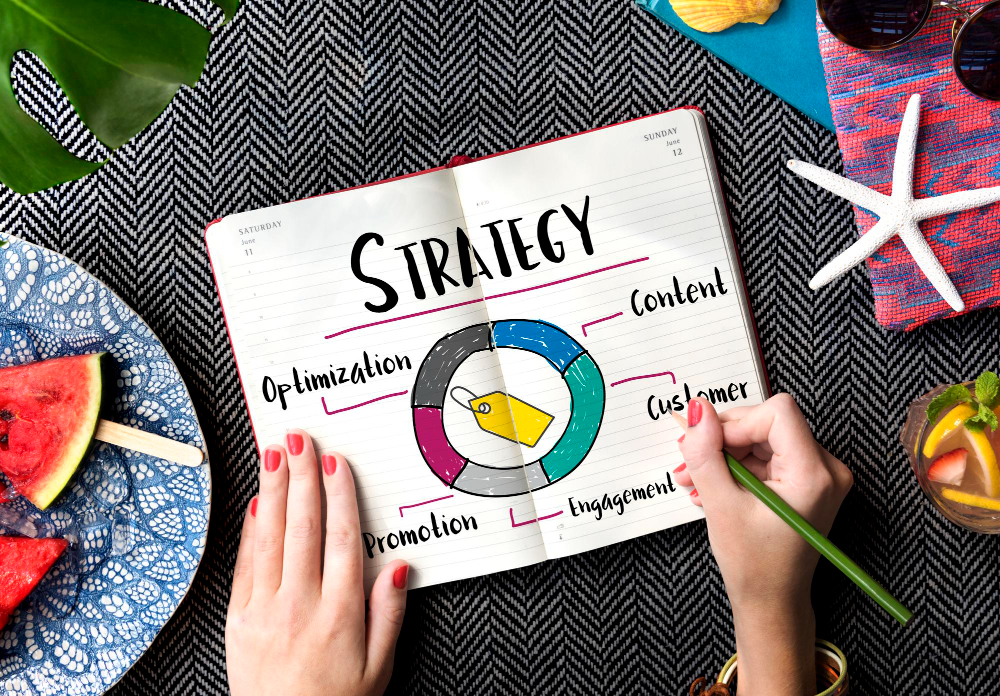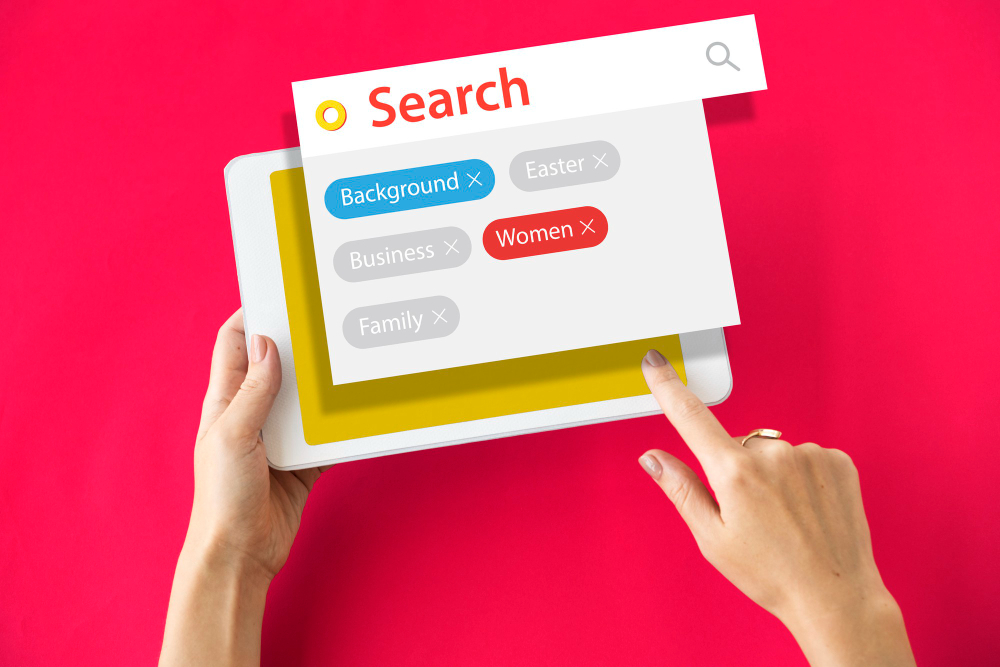5 Things We Learned At The WP Engine 2019 Summit
WP Engine recently brought a range of industry experts together to discuss all things digital in Sydney. We were lucky enough to be invited along to hear what’s going on, what’s coming in the future, and how it affects our client’s websites and marketing plans.
1. Generation Z are here, and they take your website and advertising very seriously
A panel of speakers from Generation Z (born 1997 onwards) were interviewed to gauge their opinions on web use, social media, and how they interact with ads online.
WP Engine also surveyed a large group of Gen Z to provide some statistics, all of which showed that their online habits are very different from their predecessors.
Almost all of the surveyed group said they would choose a lifetime of free internet access over a free university degree. To older generations this is mind blowing, but goes to show how much they value the internet and access to whatever information they seek.

Gen Z have short attention spans, and despite spending more time than ever before on their devices, won’t hang around for too long if your website is not fast and responsive. When they do land on your site, it’s apparent that trust is a very real thing. If they feel misled or doubt the legitimacy of your company, they may never come back.
– 85% trust a company more if they use actual customers in their ads
– 75% trust a company more if the images in their ads are not photoshopped
So if you’re presenting a professional and real experience on your website, you’re off to a great start. If you rely on the user to click on a call to action, submit an enquiry, or complete a purchase, Gen Z are more than happy to oblige.
They’re also completely open to handing over personal information for you to use appropriately. There’s one catch though; if personal information is submitted, they expect instant results.
Whether that be access to more content, a confirmation email, or a page explaining the next steps, Gen Z wants to know what’s going on and they don’t want to have to wait around all day for an email. If they feel misled or have a poor experience they will remember the brand and avoid it.

2. Forms have an ideal length, so don’t ask too many or too few questions
When submitting enquiries or forms, website users know that they will have to answer a few questions. Insights from the Australian Academy of Technology and Engineering showed that users will bomb out of a form it it’s going to take a lot of effort with no guaranteed result. They will also feel cheapened and unqualified if you don’t ask enough. One case study showed a medical survey process:
- Previous iterations of the survey were approx. 20 questions long and could accurately determine if the user was suffering from a specific medical condition
- Users complained that the survey was too long
- The experts then realised there were three key questions that if answered positively, always produced the same end result
- The survey was reduced to the three key questions
- All of a sudden, the users felt that they were being unfairly diagnosed and that they weren’t providing enough information
- After some back and forth, the survey was eventually adjusted to ten questions, including the three key identifiers
- While the results were based on these three questions and the other seven were there just for peace of mind, the end result was perfect;
- The users felt they were being asked the right questions, and the experts were getting higher response numbers.

The moral of the story; users are happy to self qualify themselves and provide some information in exchange for a quote/action. It may take some time and testing, but it’s worth seeing how people interact with your forms to determine how long they would like to spend filling these out and what they consider to be efficient enough.
3. Websites need to have a data budget
We were very fortunate to hear from Richard Hall, a Mobile Solutions Consultant for Google. His experience and knowledge in the field of data delivery provided some hugely beneficial insights as to how websites should be built in the modern era.
Not only should websites be responsive and work perfectly on all devices, they should also have a data budget to ensure that the experience respects all site users. From those who have a super fast wired connection all the way to users who have a slow connection on a mobile device. This experience and availability is valued by the user first of all, but perhaps more importantly, by Google themselves.

Google will monitor your website speed, size, and availability for all devices, and use this in determining whether you are deserving of that craved listing on page one.
When building websites, it is important to have a data budget to ensure your website works nicely across all devices. This can be managed by having the very best in auto-scaling plugins, caching options, and keeping on top of page content.
If your website isn’t set up to deliver the very best in terms of performance, you may be doing more harm than good by delivering a poor user experience that Google will be even more critical of.
4. WP Engine really is the best WordPress host
Speed test comparisons have been run since returning to our office, where we took snapshots of sites and uploaded them to our WP Engine server. The speed difference in content delivery was night and day.
We can do this for your WordPress site to see how your hosting compares. A statistic that proves why a few seconds can make a huge financial difference to your business: On average, every second that a site takes to load adds 7% to the traffic bounce rate. What is a genuine lead worth to your business? Don’t give them a reason to quit before they even get the chance to see what you can do!

5. Your Social Media channels may be more important than you think
This was a point of discussion that raised its head a few times at the WP Engine Summit.
The Gen Z panel were all heavy users of social media, with most leaning towards Instagram as their #1 platform. What surprised us most was the importance they all placed on LinkedIn, especially when it came to B2B and professional engagement.

Most businesses will have social media accounts, with the logical place to start being seen as Facebook and Instagram. With more concerns about data privacy and professional integrity, now may be the time to start investing more effort into growing the LinkedIn presence. This can be achieved through article sharing (get people back to your website!), helpful tips, industry insights, and recommendations based on positive experiences you have had.
If you’re interested to have a chat about it, feel free to reach out to us.
Are you ready to grow your business?
We write about a variety of topics in the digital industry.



